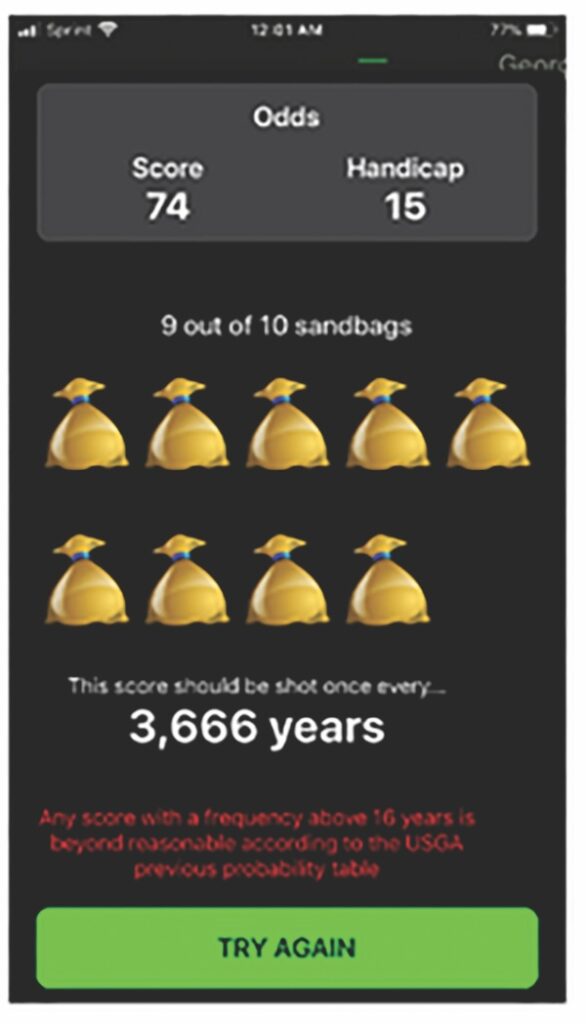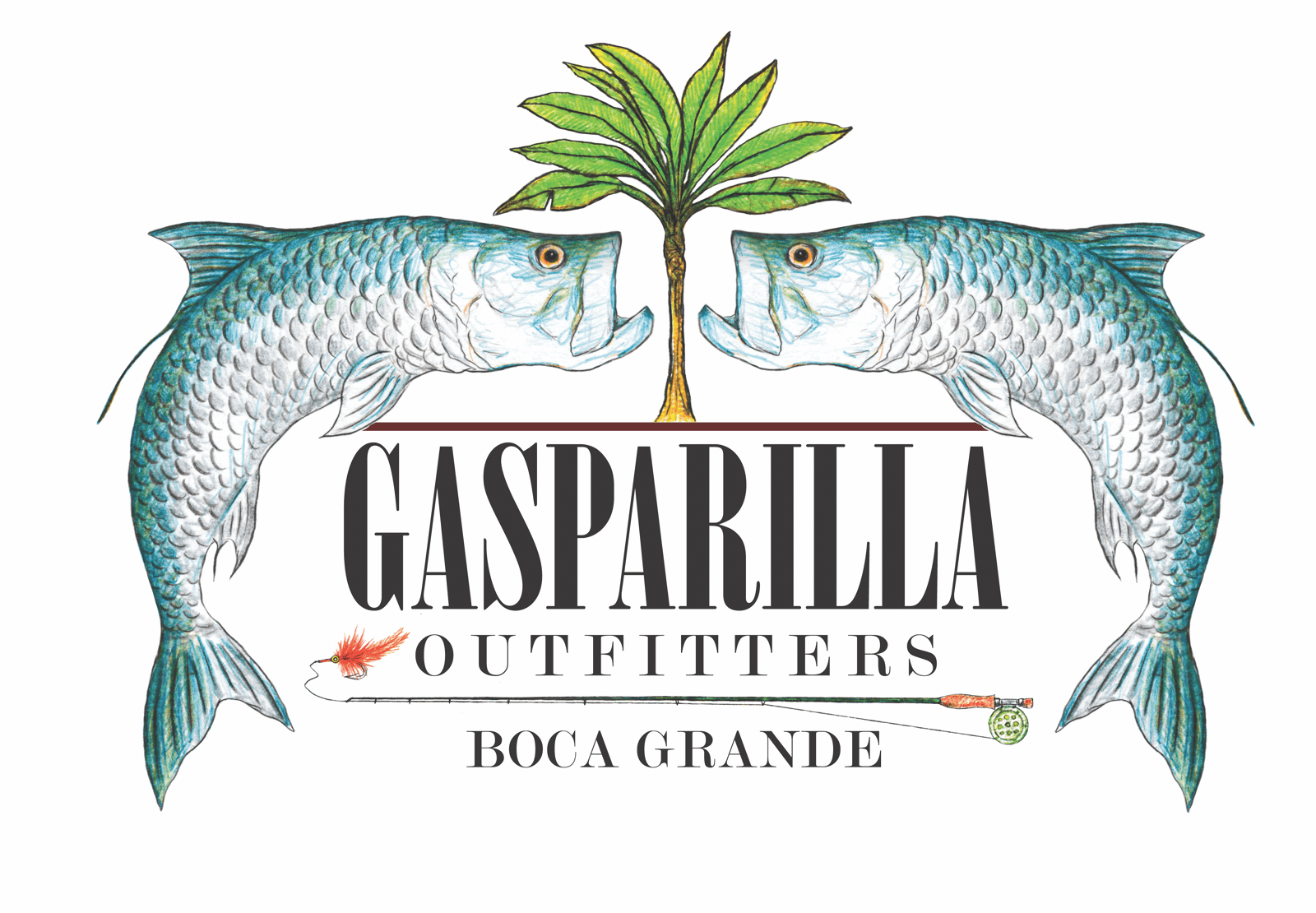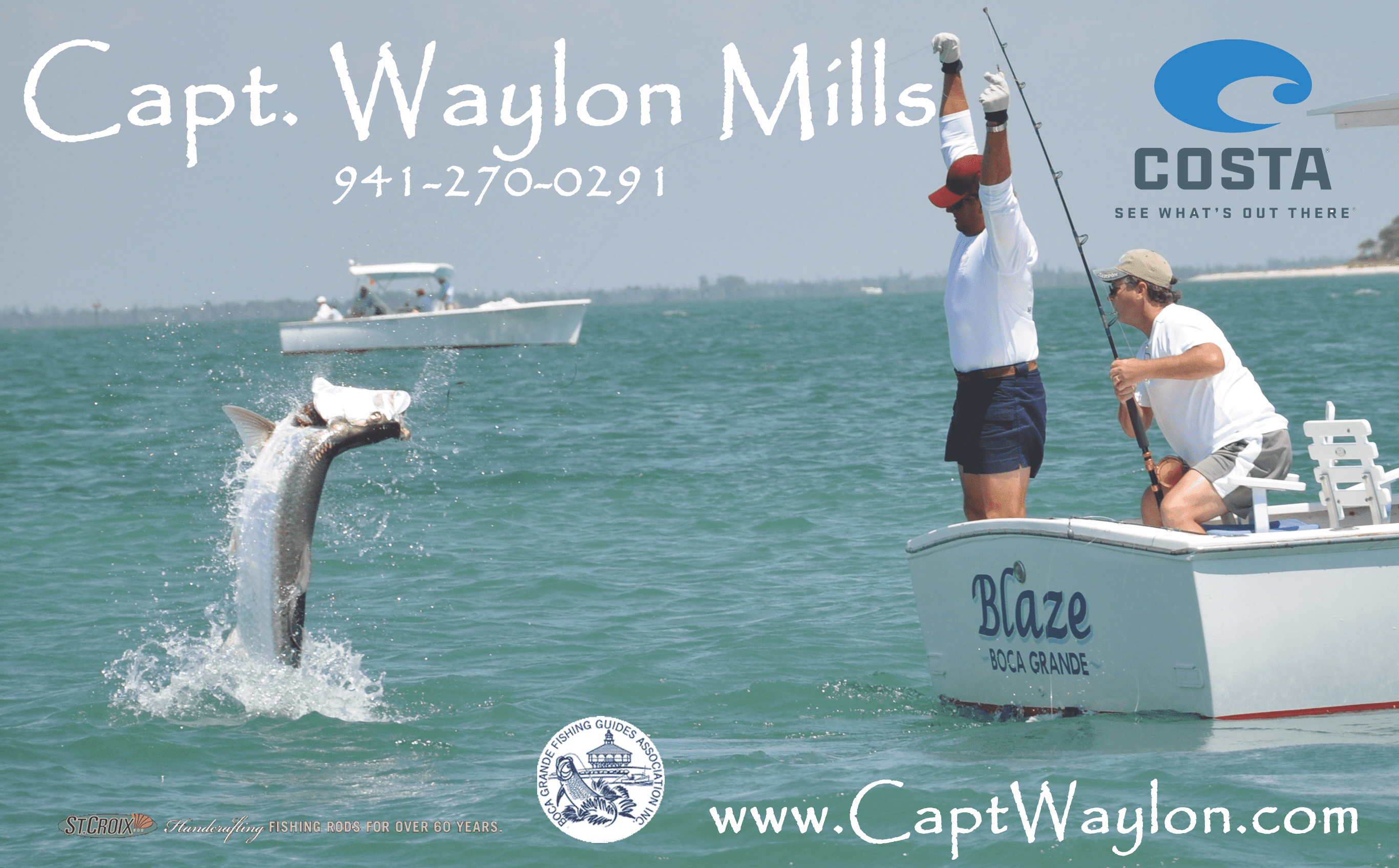The Island Golfer: Cap patrol prevents sandbaggers from unfair advantage

Hang around the first tee at any golf club and you will hear foursomes pair off for friendly games of wager. This includes the exchange of player handicaps which, thanks to advancements to the World Handicap System, change daily. Soon after, you might see a player direct golf’s most dreaded slur at his opponent: sandbagger.
In sports-speak, accusing someone of being a sandbagger is akin to calling them a cheat, hustler, grifter. Being labelled a prolific sandbagger cements one’s clubhouse reputation as a walking, talking, golfing pariah.
In golf, there are two kinds of sandbaggers. One carries a so-called vanity handicap, which reflects score postings artificially low versus a golfer’s true ability. The other kind, a player who purposefully inflates their score postings to fake incompetence on the golf course, is persona non grata at many clubs.
Weekly, friendly games notwithstanding, sandbaggers are particularly reviled during golf tournaments that feature prize money payouts. These include annual member-guest events, soon to be underway at area golf clubs.
Enter George Thurner and his proprietary software, which has scuttled sandbaggers of all kinds since 2020. Thurner, of Cincinnati, Ohio, was enlisted by concerned members at his golf club to develop software that would alert the golf professionals and handicap committee members to sandbaggers among them.
“I did it because I love the game and wanted to help,” explained Thurner, a scratch golfer. “I was doing all the number crunching by hand, so it took about 30 to 40 hours a week. I was just doing it for fun. And then, you know, other clubs heard about it. I went to the United States Golf Association (USGA) and got their approval.”
And so, Cap Patrol was conceived. Thurner’s software algorithm consists of forty-three variables, individual data points that work with the Golf Handicap Information Network (GHIN) to validate a given player’s true competitive ability. He cites three information sources key to his program: GHIN; the club’s tee sheets; and results from competitive events, such as club championships, match-play competition, member-member, and member-guest tournaments. There is a free Cap Patrol app available to members of subscriber clubs, which can be downloaded from the Apple App Store or Google Play.
Thurner’s system works much like a credit score. The highest achievable rating is a Cap Patrol score of 100. A score below 50, highlighted in yellow on the data readout, indicates that a soft adjustment to the player’s handi- cap is warranted. At a score of 39 or below, a golfer may find herself on the dreaded watch list, highlighted in red.

Photos submitted
Thurner loves data; he eats and sleeps analytics. He is also a former club president and past chairman of his club’s handicap committee, so he gets the delicate art of club politics. Thurner’s first company, which he sold to Major League Baseball, helped parents and coaches assess kids’ athletic abilities. His company followed all high school, college, and professional sports teams and players, comparing
their caliber and success across sports. For example, Thurner’s program could compare and assess the difference in athletic caliber of a soccer player scoring 32 goals in a season to a football player who scored 21 points per game.
For golf, Thurner’s motivation in developing Cap Patrol was to help handicap committees do their job better. “The USGA would like all their member golf clubs to perform peer review,” claimed Thurner. “But with the dearth of data that is very difficult to do. So, I am not there to replace the GHIN system, which is fantastic as is. My job is to help the handicap committees do their job, make sure their events are fair, and their players indexes are accurate in competitive events.”
According to Thurner, 1100 private and semi-private golf clubs use Cap Patrol, including many in
southwest Florida. Locally, Coral Creek Club uses the software, as does Heron Creek, Sarasota National, Venice Golf, and Sara Bay to the north.
Particularly useful when employed for tournaments featuring guests, Cap Patrol ensures fairness among competitors. This is particularly important when tournament prize money is at stake. Some clubs pay out thousands of dollars to the overall winner. Simply ask any tournament player who feels they have been cheat- ed because of a falsely applied handicap. They will often refuse to compete in the tournament the next time around.
To combat sandbagging, club tournaments may impose a handicap-limit on guests. For example, they will set a guest’s tournament handicap at their lowest handicap index within the past 12 months. Thurner says that approach is not useful. “It’s kind of like arresting every customer in the store when there’s only a few that are stealing,” says Thurner.
So, what about those vanity handicaps; does Cap Patrol help with those?
“I do make suggestions on the other side of the scale, to let clubs know who they should adjust on the vanity side, as well,” explained Thurner.
“Because, really, the objective of the software is to give everybody a legitimate shot to compete in tournaments. Ironically, players who are adjusted upward on the vanity handicap side get more upset than those being adjusted down because of their success in competitive events. Vanity handicappers like to go to the cocktail party and say they are a single-digit handicapper, or whatever, versus being more competitive.”
And those weekly games in which you are fleeced by imprecise team pairings? Thurner says that using a player’s Cap Score is fairer to everyone in the group.
“Standing on the first tee, using Cap Scores, I know instantly whether or not I should be betting you if yours is 17 and mine’s 90,” explained Thurner. “I probably shouldn’t whip my wallet out at that point.”
So, the next time you meet up with your regular foursome, or before you invite that certain family member to compete in your club’s member-guest tournament, check their Cap Score. It might save you a few bucks.
For more information about Cap Patrol and how it might benefit your club, please visit cappatrol.com.
Scott Cotherman writes about all things golf-related in and around the Cape Haze Peninsula. He is a retired marketing communications profession- al, member of Coral Creek Club and an avid golfer. Contact him at the.island.golfer@gmail.com









